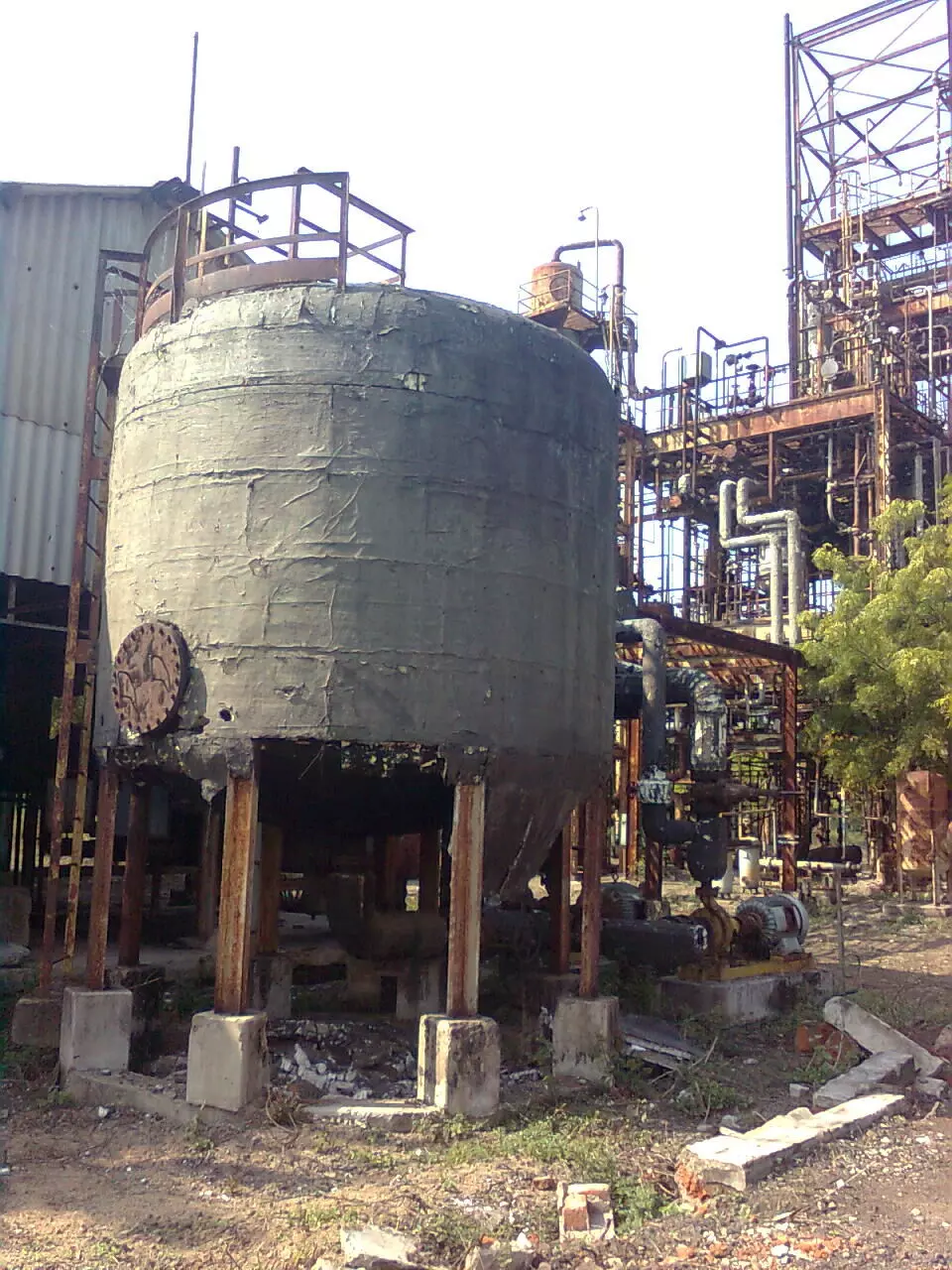39 Years Later, Bhopal Still ‘Choking’ on Plumes of Injustice

Some incidents just happen, out of the blue, and they are so ghastly that even decades later, their aftermaths continue to haunt lives. Thirty nine years have passed after the ghastly night of the devastating Bhopal Gas Tragedy, the world’s worst industrial disaster, and justice still remains elusive for survivors and their families. ‘The Railway Men’ released on Netflix this November, and while watching the web series last week, I vividly remembered the lifetime experience I have had, of visiting Bhopal in December 2009, on a special assignment while pursuing my Masters in New Delhi, on the occasion of the 25th anniversary of the fateful catastrophe.
After thirty of us reached Bhopal by an overnight train, we were divided into groups of six or seven in each, and we visited hospitals, NGOs and the slum adjacent to the factory site to interact with doctors, community workers and locals, and despite several attempts, we failed to acquire a written permission from the city authorities to enter the abandoned factory area. After finishing the day’s reporting and interview assignments, a few of us were trying hard to take photos of the dilapidated structure, miserably failing because phone cameras those days were not powerful at all, and suddenly amidst all the despair, we noticed a group of local children playing cricket by the high boundary wall that had a huge hole in it. After convincing them to keep the matter a secret, four of us entered through the hole, and right in front of us, against the ochre sky, moments before dusk, there stood the huge, blackened structure of abandoned factory, every inch of it echoing the sobs of thousands of people. Everything I had ever read about it, flashed in my mind.
A little after midnight of 3rd December, 1984, more than forty tons of Methyl Isocyanate gas leaked from the Union Carbide India Limited pesticide plant, immediately killing at least 3,800 people, and totalling to a death toll of 15,000 to 20,000 reportedly occurring in the subsequent decades, including still-births and premature deaths, besides causing chronic health hazards, dreadful groundwater contamination and unimaginable environmental contagion. The aftermath of the gas leak was so awful that babies born in Bhopal in the following year 1985, and even later, were worse off in terms of health, and they have grown up to become adults with incurable physical disabilities.
Inside the abandoned factory, with our hearts pounding and our mouths turning dry in nervousness, as we slowly walked around the rusted machinery that looked like a dreadful monster standing amidst wilderness, a haunting silence engulfed us. None of us spoke a word. What we felt right at that moment is inexplicable to this day. It would get dark anytime, so we quickly clicked a few photographs and came out of the same hole in the wall.
“I stayed with my husband and two daughters in a tiny shanty beside the railway junction. I can never forget that horrible night. We woke up from sleep feeling suffocated, and saw plumes of gas slowly blending into the dense fog. Our neighbours were running for their lives, but most of them could not make it. My husband collapsed in front of my eyes, and within minutes he was gone. My daughters, both in their late teens, died at the hospital the following day. Due to someone else’s negligence, I lost my home, my family, and I have spent the last thirty nine years in this government home,” Savitri Devi reminisced as tears welled up in her eyes. Another man sitting on the pavement beneath the memorial sculpture of a mother holding her dead child in her arms built in commemoration of the tragedy, sobbed as he spoke to us, “My father used to work there, and he was just back home from the factory an hour before the incident occurred. After the gas leaked, my father and I literally dragged my pregnant mother out of the room, the narrow lane was littered with human corpses and dead animals. We took shelter inside the police station. All thanks to the Almighty that three of us survived miraculously, but my mother had a miscarriage. I could have grown up with a younger sibling…” Two aged doctors we interviewed at the city hospital narrated to us how distressing that night was, calling it ‘the darkest night of their lives’.
Four decades later, with the soil still laden with toxic chemicals and thus absolutely unusable, and prolonged legal litigations resulting in families of the deceased receiving insufficient or no compensation at all, the common man still suffers extreme injustice. As we commemorate the cursed date once again, do we really have an answer to what justice really is? Actually, we are a world full of unabashed mortals, hiding our pitiful silence beneath heaps of unpunished sins.



